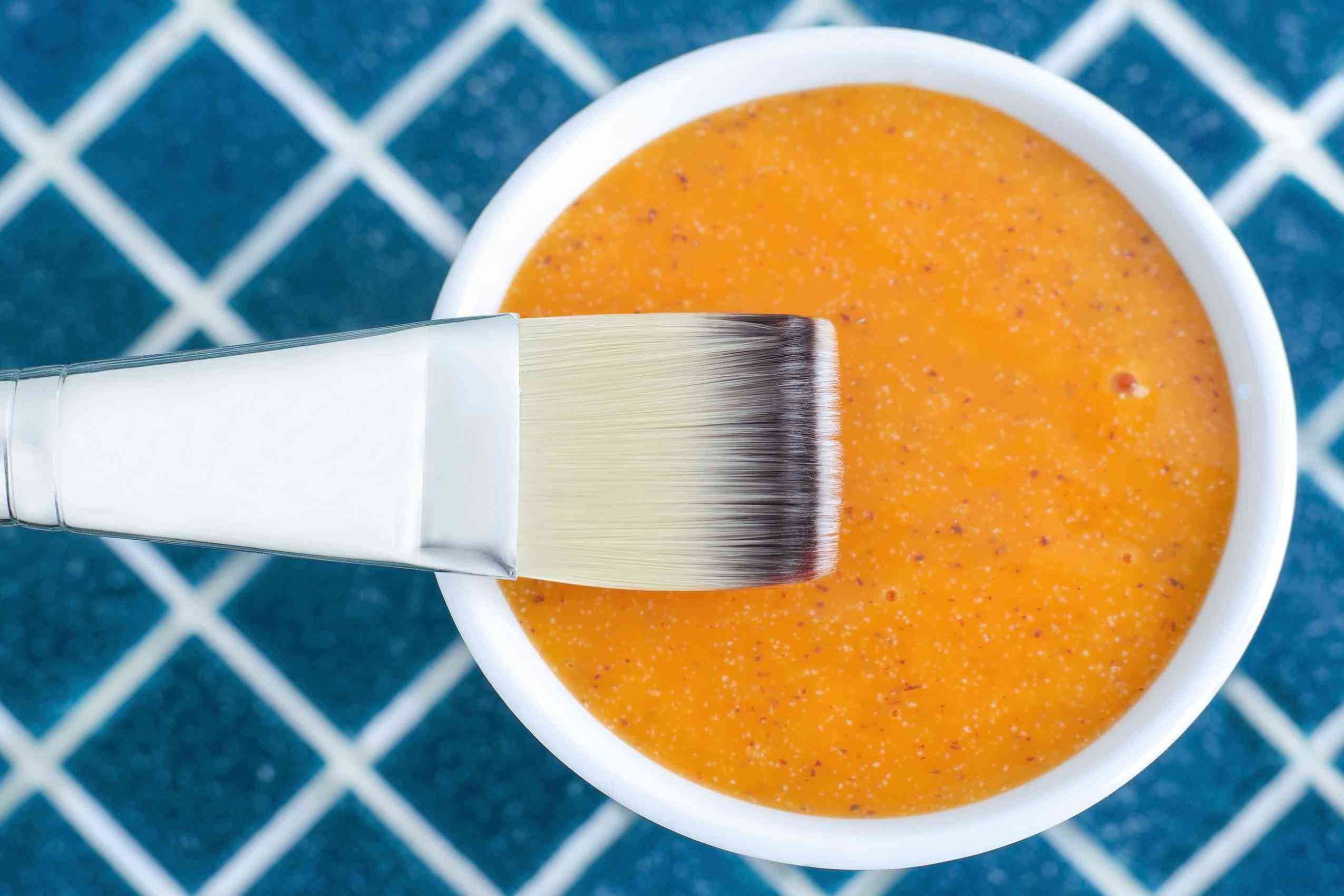 Have you ever considered a peel? Chemical peels work by mimicking the skin’s natural exfoliating process by breaking down the bonds between the skin cells on the outer layer of the skin. New cells are revealed and rejuvenate themselves for a brighter complexion with fewer imperfections.
Have you ever considered a peel? Chemical peels work by mimicking the skin’s natural exfoliating process by breaking down the bonds between the skin cells on the outer layer of the skin. New cells are revealed and rejuvenate themselves for a brighter complexion with fewer imperfections.The terms ‘light’ or ‘superficial’, ‘medium’ and ‘deep’ describe how deeply peels penetrate the skin. But not all peels will be suitable for everyone – we’ve broken down the difference between light, medium and deep chemical peels to help you to navigate the differences, so you are better able to discuss with your cosmetic dermatologist the one that's most appropriate for you.
Light peels
As the name would suggest, these peels are the gentlest option. One of the advantages of this kind of peel is that it requires no downtime. It is recommended for skin brightening and can also help with hyperpigmentation and acne.A good example of a light or superficial peel is a lactic peel. It is derived from milk and is generally one of the best tolerated, gentlest types of chemical peel. It works similarly to the other acid peels to produce new collagen and is considered a good option for people with dry or sensitive skin.
Medium peels
Medium peels penetrate to a deeper level, working to stimulate collagen production and improve elasticity for firmer skin. Trichloroacetic acid and glycolic acid are commonly used medium chemical peels – they are often chosen to treat acne scars, deeper wrinkles and hyperpigmentation. The ZO Skin Health 3-Step Peel is a popular option amongst doctors. It utilises a blend of exfoliants, retinol and multi-action agents to help improve skin health and treat many signs of ageing. This is a more intensive treatment, which requires a couple of days downtime.Deep peels
More intensive peels are used to deliver significant improvement to skin conditions and concerns, such as deep acne scarring and wrinkles. Compared to light and medium options, deep chemical peels have more dramatic results, and usually only a single treatment is needed. A phenol peel is typically used for this kind of treatment and uses carbolic acid to treat the skin. It is suitable only for treating the whole face, rather than specific areas. There will be more downtime with this kind of treatment, with redness and peeling lasting about a week.Make sure you speak to a dermatologist who is experienced in administering chemical peels and discuss your aims and medical history thoroughly, before committing to any cosmetic procedure.
 By Miriam Christie
By Miriam Christie